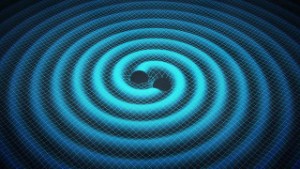Nobel Prizes 2013 for natural sciences awarded
The 2013 Nobel Prizes in natural sciences have been awarded by The Royal Swedish Academy of Sciences. In physics, the Nobel Prize was awarded for the theoretical model which gives mass to all particles. In chemistry, the Nobel Prize was awarded for pioneering work in computational chemistry. In medicine, the Nobel Prize was awarded for discoveries of machinery regulating vesicle traffic, a major transport system in cells.
To read the full article, please login. The full content of this article and all premium articles is available exclusively for site members.
Site membership is free. If you are an existing user, please login. New users may register below.

